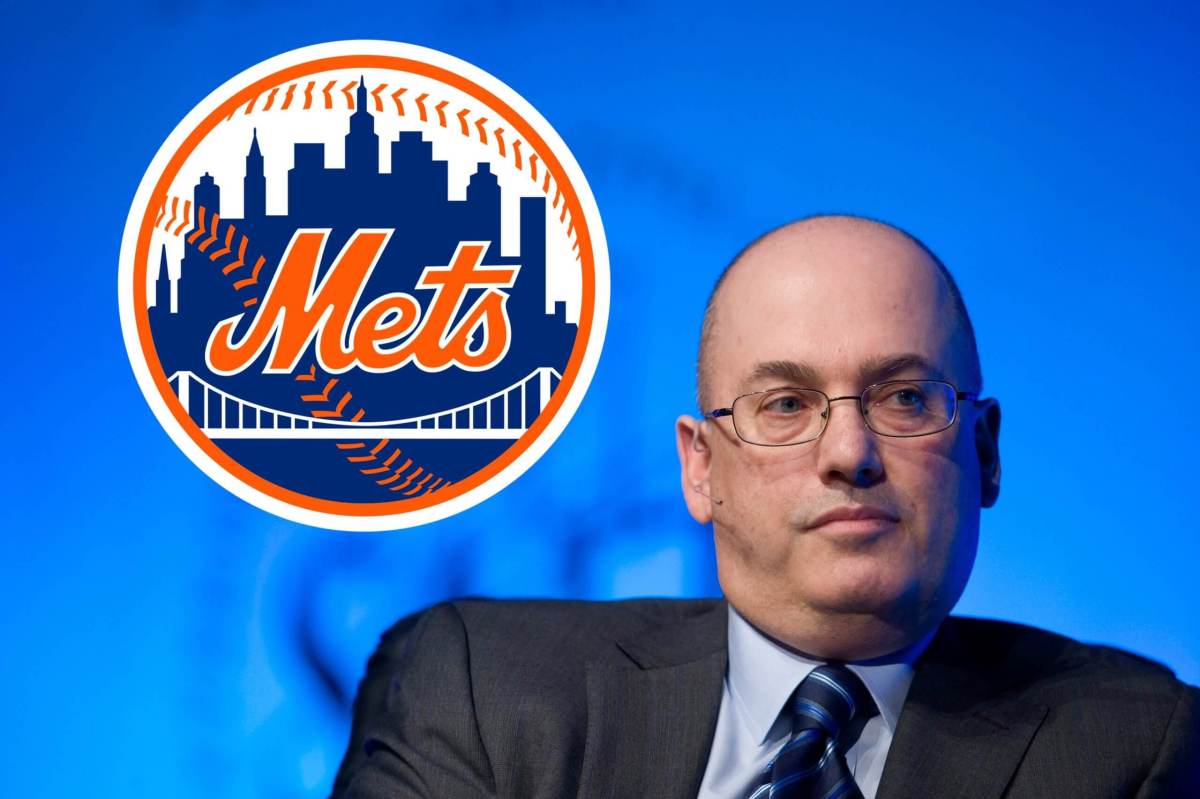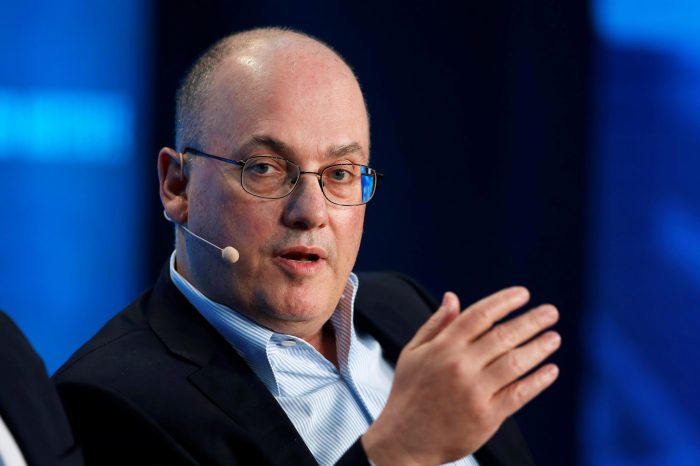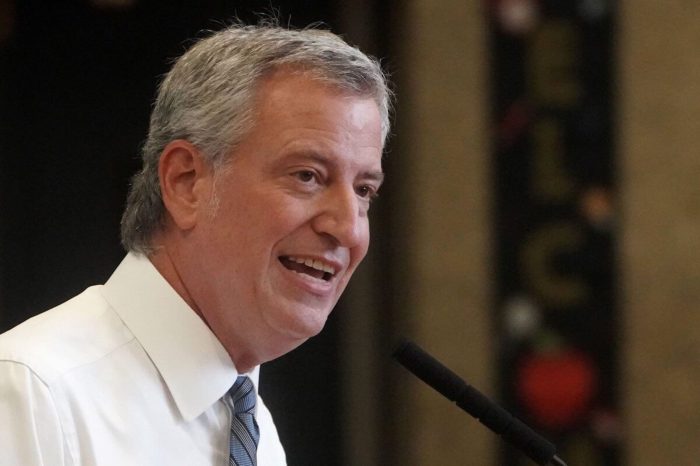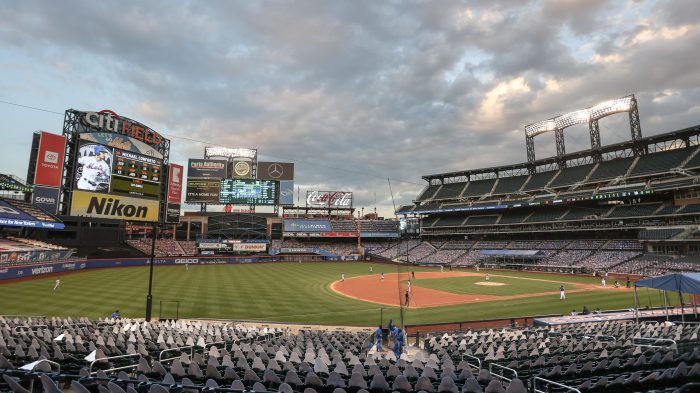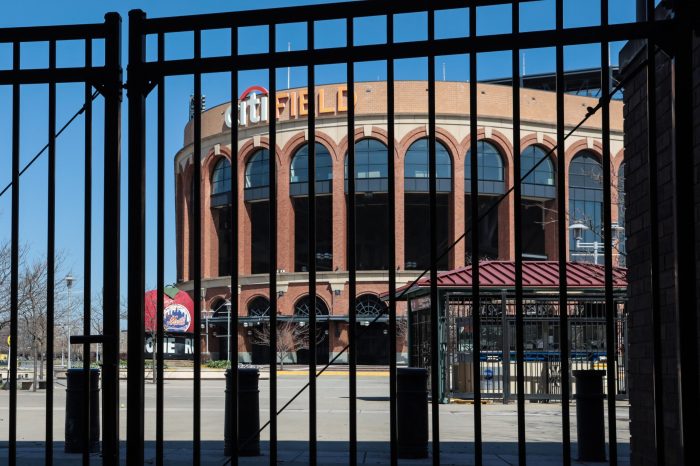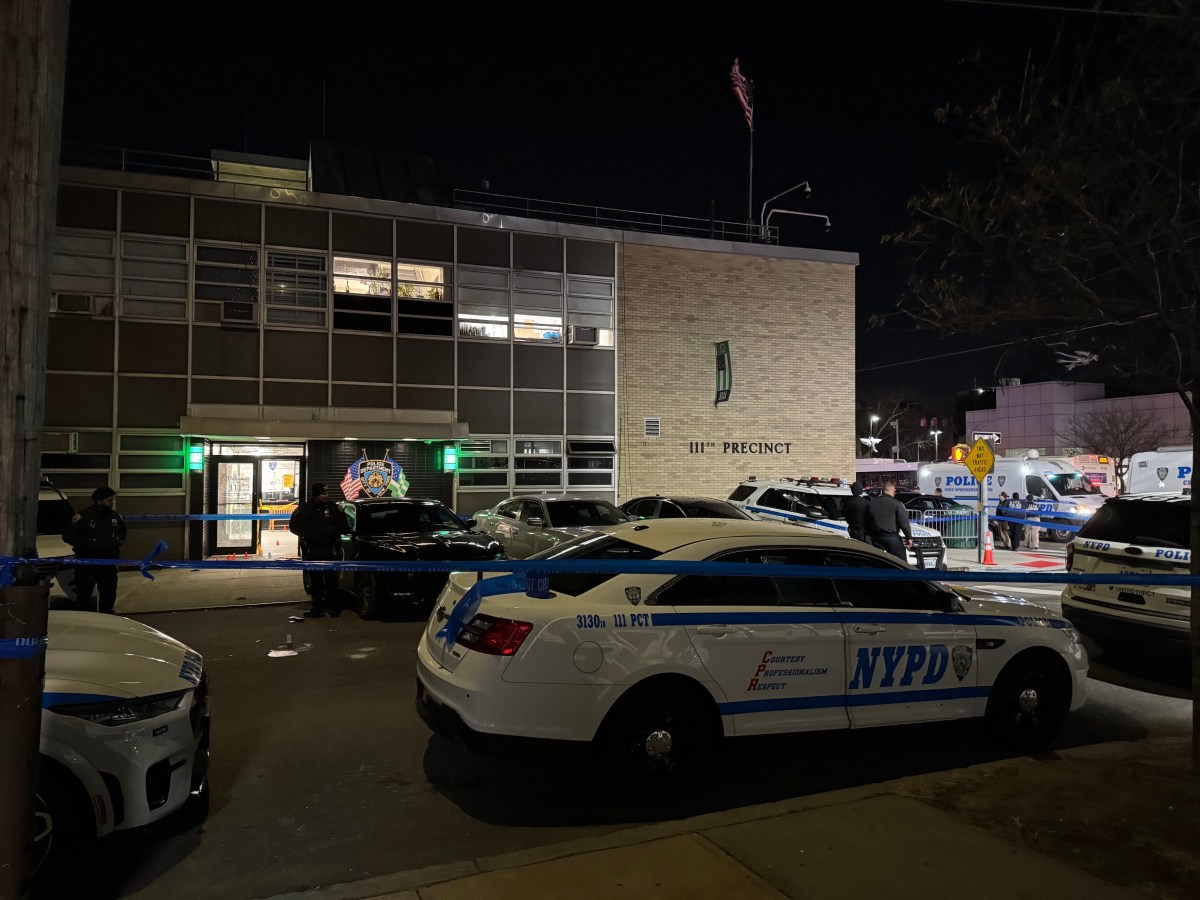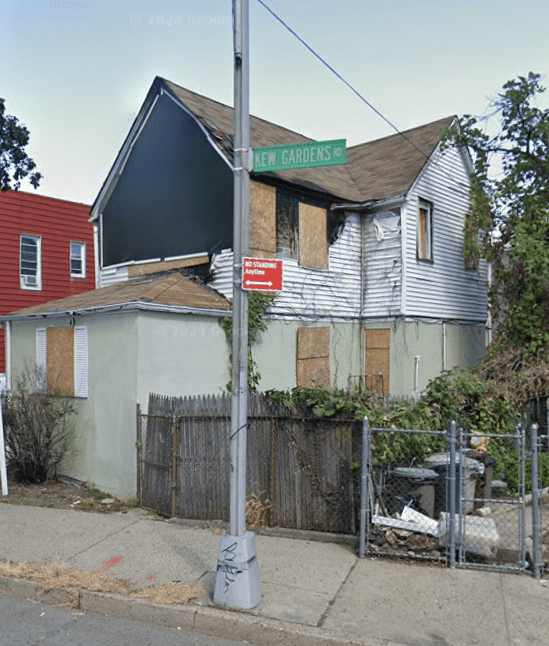It’s been 34 years since the New York Mets were on Major League Baseball’s mountaintop. Thirty-four years since they were the World Series champions.
On Tuesday, nearly three-and-a-half decades ago, Jesse Orosco struck out Marty Barrett, firing his glove into the air that never seemed to come down from the stratosphere while launching Queens into a state of bedlam.
The Mets had capped off an improbable comeback that included one of the most iconic moments in World Series history (Mookie Wilson’s Game 6 grounder) and a Game 7 comeback to boot to nab their second championship in franchise history.
I wasn’t alive in 1986.
Millions of other Mets fans around the globe weren’t around, either.
My father was 25.
I’m now 28, my father is 59 and here the Mets are, still, with two World Series titles to their names.
Of course, in the grand scheme of things, it isn’t too long of a wait compared to the torture some other MLB franchises have had to endure.
The Chicago Cubs waited 108 years between championships.
The Red Sox — who the Mets helped extend their demoralizing wait — had to wait 86 years between 1918-2004.
The Chicago White Sox had to wait one year longer on each end of their wait, nabbing a title in 1917 before winning their next in 2005.
The Cleveland Indians are still waiting after having not won a World Series since 1948.
The San Francisco Giants waited 53 years just to win a championship in their city, having won their last when Coogan’s Bluff in Manhattan overlooked their home at the Polo Grounds.
But the 34 years (or the last 28 that this writer can at least speak for), have been especially excruciating for the Mets because this is a team that should have had no reason to be in the position of ineptitude that they’ve been in for so long.
Some of it boils down to just plain old bad luck, but a lot of it has to do with those in charge at the very top of the franchise.
Since 2002 the Wilpon family led by father Fred and son Jeff have relegated the Mets — who play in the largest sports market on the planet — to be run like a small-market team from Kalamazoo or Albuquerque or Lancaster.
They shied away from opening their checkbooks to bring the necessary pieces needed to complete a championship puzzle, attempting to build a contender on a budget — or by luck — more than anything. Those financial restrictions only tightened after the Bernie Madoff Ponzi scheme sapped them of millions at the end of the 2000s, which only hurt the organization more.
Success was fallen into rather than attained by front-office merit, Mets lineups throughout the 2010s were filled with borderline big-leaguers and no-names that should have never been revealed to the majors.
Promising talents were dealt away, others were brought in and ruined under the disarray of a team that more often than not looked as though it had no idea what it was doing.
Under the Wilpons’ majority ownership, the Mets made the playoffs three times in 18 years. They finished in third place or lower in the National League East 13 times and had a record over .500 just seven times.
Unacceptable for a professional sports franchise based in New York City that has often been an afterthought just because of the overwhelming dysfunction exhibited by their sporting neighbors like the Knicks and the Jets.
And at the end of the day, it falls on the owners, who showed more of an interest feigning competitiveness while their top priority was really just getting enough fans in the seats to line their pockets.
Sure, they might have cared about the team or their employees, but they certainly didn’t care about the fans — the product we’ve seen on the field for the last 18 years is all the evidence you need.
So it was only fitting that a day before the 34th anniversary of the team’s last World Series championship that reports surfaced of the Wilpons bidding farewell to Mets employees — all but confirming the wish that many fans have sent upon the stars nightly for what feels like the past decade: It’s Steve Cohen’s time.
The hedge-fund billionaire is already in the process of throttling the Mets into the 21st century, making analytics and international scouting a priority along with transforming the Amazin’s into a legitimate contender as quickly as possible. That means making the necessary trades or free-agent signings even if the price is a little high.
Now, it’s understandable for Mets fans to meet these wildly optimistic reports and ideologies with a pinch of skepticism. After all, they have constantly come up on the short side of baseball history more often than not.
But at least from what this reporter has heard and seen over the last few months, this isn’t going to be the Mets you knew, or your father’s Mets, for that matter.
That’s a deal I think a lot of the Mets faithful would take — especially those who wouldn’t mind seeing their dad celebrate their favorite team winning a World Series in the near future.



